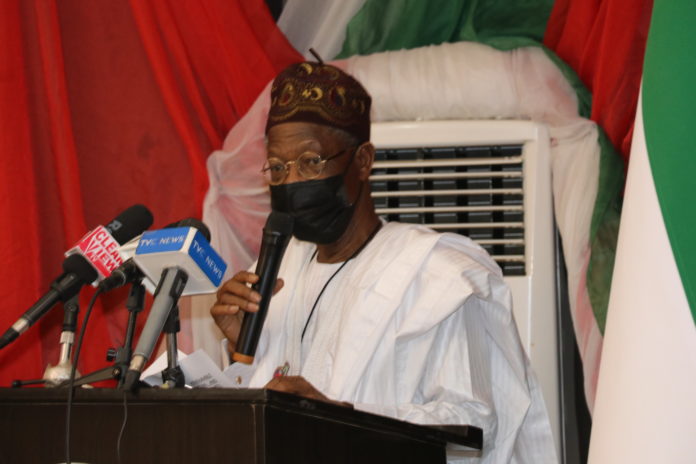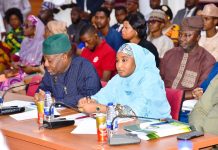PROTOCOL
It is indeed a great pleasure for me to be here today as a Guest of Honour at this workshop, organized in commemoration of the United Nations Arabic Language Day.
2. Today’s event is particularly instructive given the current global interest in the establishment of new diplomatic rapprochement between and among nations and the renewed zeal to combat violent extremism and promote pluralism and multiculturalism. It is consensual in diplomatic, scholarly and cultural circles that among other languages, Arabic language is sui generis (unique), not only for having facilitated the realization of these lofty goals for humanity across histories and civilizations, but for remaining eminently well positioned to continue to do so in the years to come.
3. In other words, Arabic language is one of the ancient and earliest-known languages to mankind. It is unique and renowned for its rich diglossia, and employed on a daily basis as a medium of spiritual and theistic interactions between God and adherents of Islam, who number 1.8 billion people.
4. Furthermore, Arabic is that language that forges global alliance and unity among disparate racial and ethnic communities and nations, and one that has proved to be a veritable tool in global efforts that target the realization of the United Nations Sustainable Development Goals, particularly SDGs number 1 to 5 on the eradication of poverty and hunger, promotion of human welfare, as well as quality education and gender equality This probably explains why speakers of the language are in high demand all around the world.
5. In Nigeria, the contributions of Arabic to the nation’s development have been recognized and continue to be extolled. In
addition to functioning as the storehouse of the nation’s history and indeed that of Africa, the language is presently spoken by the Shuwa-Arabs, an ethnic stock in the northeast of the country with cultural and historical affiliation to the wider Baqqara tribe in East Africa. Besides that, Arabic language experts have continued to provide the intellectual capital that has incentivized development and progress in all spheres of national development.
6. As the United Nations marks this year’s Arabic Language Day, nations across the world should use the occasion to ponder the
challenges confronting learners of the language around the world. The language is in dire need of more funding and provision of modern learning resources, so that it can continue to play its role as a partner in the advancement of human culture and civilization.
7. I wish you all a very successful and highly productive workshop.





